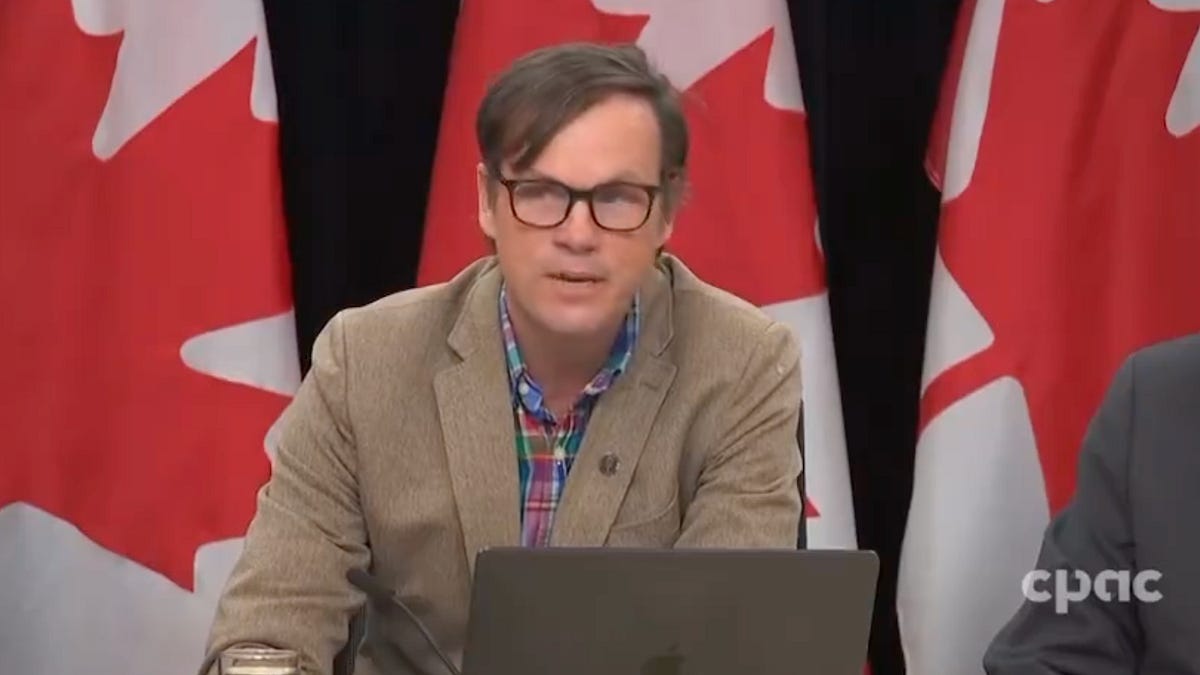No it isn't. A huge chunk of your beef and lamb come from small farm operations (Beef farm less than 200-300 head is small). They may be concentrated in feedlots for finish but they start in typical 30-100 head cow-calf operation in Ontario. Similar to sheep, you have everything from a 20 head operation to up over a few thousand. The advantage of small farms is the family can still work part time or full time OFF farm and get supplemental income (or mainstay income).
The small farm can adapt very quickly and sometimes survive economic hardships (our farm is surviving due to off farm income for the time being).
Hogs, Layersw, meat chickens, turkeys are all usually larger concentrated operations.
Small farms are not dead and they never will be.
They said in 1950s small farms are done, same with the 1960s, 1970s, 1980s, 1990s, 2000s, 2010s.







